Boxing at the 2016 Summer Olympics
The boxing tournaments at the 2016 Summer Olympics in Rio de Janeiro took place from 6 to 21 August 2016 at the Pavilion 6 of Riocentro.[1]
| Boxing at the Games of the XXXI Olympiad | |
|---|---|
 | |
| Venue | Riocentro – Pavilion 6 |
| Dates | 6–21 August 2016 |
| No. of events | 13 |
| Competitors | 286 from 76 nations |
| Boxing at the 2016 Summer Olympics | ||
|---|---|---|
 | ||
| Qualification | ||
| Men | Women | |
| 49 kg | 51 kg | |
| 52 kg | 60 kg | |
| 56 kg | 75 kg | |
| 60 kg | ||
| 64 kg | ||
| 69 kg | ||
| 75 kg | ||
| 81 kg | ||
| 91 kg | ||
| +91 kg | ||
Competition format
On March 23, 2013, the Amateur International Boxing Association instituted significant changes to the format. The World Series of Boxing, AIBA's pro team league which started in 2010, already enabled team members to retain 2012 Olympic eligibility. The newer AIBA Pro Boxing Tournament, consisting of pros who sign 5 year contracts with AIBA and compete on pro cards leading up to the tournament, also provides a pathway for new pros to retain their Olympic eligibility and retain ties with national committees. The elimination of headgear and the adoption of the "10-point must" scoring system further clears the delineation between amateur and pro format.[2][3]
Similar to 2012 format, men competed in the following ten events:
- Light flyweight (49kg)
- Flyweight (52kg)
- Bantamweight (56kg)
- Lightweight (60kg)
- Light welterweight (64kg)
- Welterweight (69kg)
- Middleweight (75kg)
- Light heavyweight (81kg)
- Heavyweight (91kg)
- Super heavyweight (+91kg)
As for the women, they were eligible to compete in the following three events:
- Flyweight (51kg)
- Lightweight (60kg)
- Middleweight (75kg)
Qualifying criteria
Each National Olympic Committee was permitted to enter up to one athlete in each event. Six places (five men and one woman) were reserved for the host nation Brazil, while the remaining places were allocated to the Tripartite Invitation Commission. Because non-AIBA professional boxers were eligible to compete for the first time at the Olympics, a total of thirty-seven places had been reserved and thereby distributed to pros; twenty were qualified through the AIBA Pro Boxing Series with two for each event, while seventeen through the World Series of Boxing. Each continent had a quota of places to be filled through the two amateur and semi-pro league tournaments.[4]
Qualification events were:
- 2014–2015 World Series of Boxing (WSB) – The two top ranked boxers at the end of the 2014–2015 season in each weight category (except light flyweight, heavyweight, and super heavyweight with one each).[4]
- 2014–2015 AIBA Pro Boxing (APB) World Ranking – The champion and world-ranked top challenger in each weight category of the APB World Ranking at the end of the first cycle in September 2015.[4]
- 2015 AIBA World Boxing Championships – Doha, Qatar, 5–18 October – The top three boxers from five weight categories (bantamweight, lightweight, light welterweight, welterweight, and middleweight), the gold and silver medalists from three divisions (light flyweight, flyweight, and light heavyweight), and the champions in two heaviest classes (heavyweight and super heavyweight).[4]
- 2016 AIBA Women's World Boxing Championships – Nur-Sultan, Kazakhstan – The top four boxers in each weight category.[4]
- 2016 APB and WSB Olympic Qualifier – The top three of the remaining boxers in each of the eight categories, and the champion in two heaviest classes.[4]
- 2016 AIBA World Olympic Qualifying Tournament
- 2016 AIBA Continental Olympic Qualifiers (both men and women)
Competition schedule
There were two sessions of competition on most days of the 2016 Olympics Boxing program, an afternoon session (A), starting at 11:00 BRT, and an evening session (E), starting at 17:00 BRT. Starting on August 17, days contained only one session, beginning at 14:00 BRT.
| P | Preliminary rounds | ¼ | Quarterfinals | ½ | Semifinals | F | Final |
| Date → | Sat 6 | Sun 7 | Mon 8 | Tue 9 | Wed 10 | Thu 11 | Fri 12 | Sat 13 | Sun 14 | Mon 15 | Tue 16 | Wed 17 | Thu 18 | Fri 19 | Sat 20 | Sun 21 | |||||||||||
|---|---|---|---|---|---|---|---|---|---|---|---|---|---|---|---|---|---|---|---|---|---|---|---|---|---|---|---|
| Event ↓ | A | E | A | E | A | E | A | E | A | E | A | E | A | E | A | E | A | E | A | E | A | E | A | A | A | A | A |
| Men's light flyweight | P | P | ¼ | ½ | F | ||||||||||||||||||||||
| Men's flyweight | P | P | ¼ | ½ | F | ||||||||||||||||||||||
| Men's bantamweight | P | P | P | ¼ | ½ | F | |||||||||||||||||||||
| Men's lightweight | P | P | P | ¼ | ½ | F | |||||||||||||||||||||
| Men's light welterweight | P | P | P | ¼ | ½ | F | |||||||||||||||||||||
| Men's welterweight | P | P | P | ¼ | ½ | F | |||||||||||||||||||||
| Men's middleweight | P | P | P | P | ½ | F | |||||||||||||||||||||
| Men's light heavyweight | P | P | P | P | ¼ | ½ | F | ||||||||||||||||||||
| Men's heavyweight | P | P | ¼ | ½ | F | ||||||||||||||||||||||
| Men's super heavyweight | P | P | ¼ | ½ | F | ||||||||||||||||||||||
| Women's flyweight | P | ¼ | ½ | F | |||||||||||||||||||||||
| Women's lightweight | P | ¼ | ½ | F | |||||||||||||||||||||||
| Women's middleweight | P | ¼ | ½ | F | |||||||||||||||||||||||
Participation
Participating nations








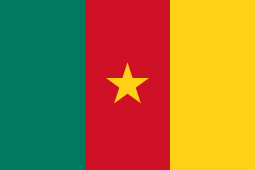

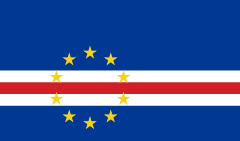
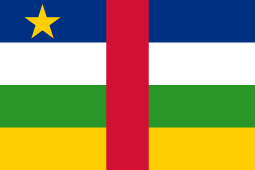


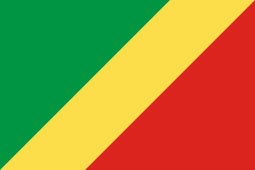





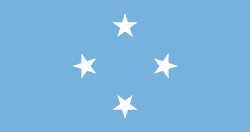
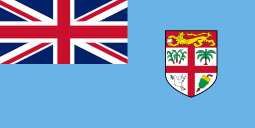





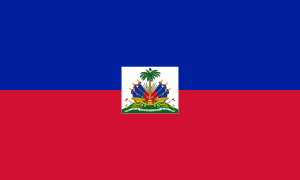
.svg.png)



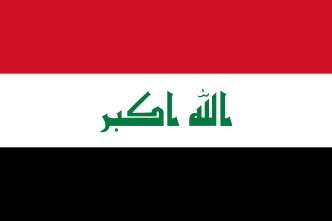






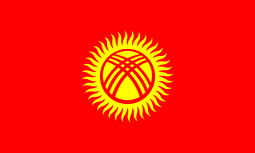

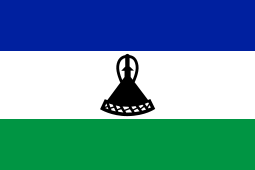

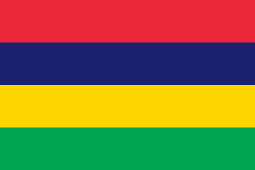

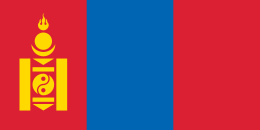

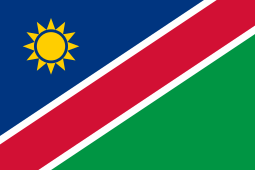



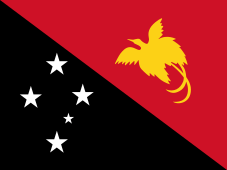


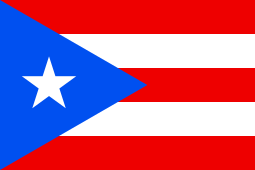
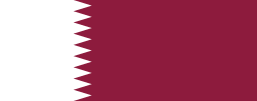


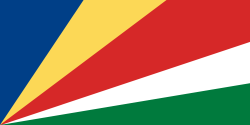


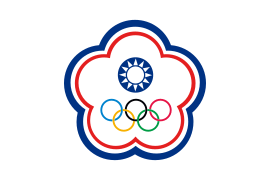
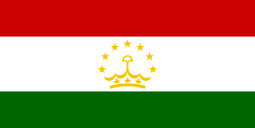

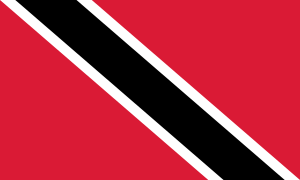


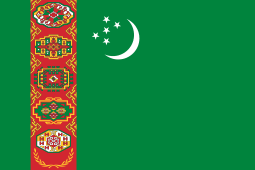



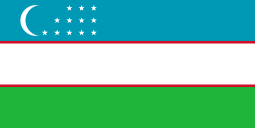
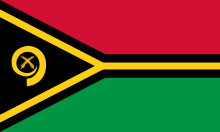

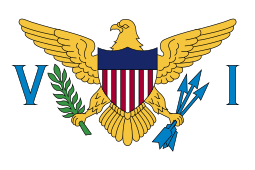
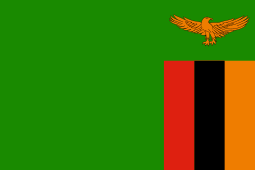
Medalists
Men
Men's flyweight Misha Aloian of ![]()
Women
Medal summary
Medal table
* Host nation (Brazil)
| Rank | Nation | Gold | Silver | Bronze | Total |
|---|---|---|---|---|---|
| 1 | 3 | 2 | 2 | 7 | |
| 2 | 3 | 0 | 3 | 6 | |
| 3 | 2 | 2 | 2 | 6 | |
| 4 | 1 | 2 | 2 | 5 | |
| 5 | 1 | 1 | 1 | 3 | |
| 1 | 1 | 1 | 3 | ||
| 7 | 1 | 0 | 3 | 4 | |
| 8 | 1 | 0 | 0 | 1 | |
| 9 | 0 | 1 | 3 | 4 | |
| 10 | 0 | 1 | 1 | 2 | |
| 0 | 1 | 1 | 2 | ||
| 12 | 0 | 1 | 0 | 1 | |
| 0 | 1 | 0 | 1 | ||
| 14 | 0 | 0 | 1 | 1 | |
| 0 | 0 | 1 | 1 | ||
| 0 | 0 | 1 | 1 | ||
| 0 | 0 | 1 | 1 | ||
| 0 | 0 | 1 | 1 | ||
| 0 | 0 | 1 | 1 | ||
| Totals (19 nations) | 13 | 13 | 25 | 51 | |
Judging
Controversy surrounded the new judging system; the new system counts has five judges who judge each bout, and a computer randomly selects three whose scores are counted. Traditionally, judges would use a computer scoring system to count each punch landed, but in 2016 the winner of each round was awarded 10 points and the loser a lower number, based on criteria which includes the quality of punches landed, effective aggression and tactical superiority.[6]
Two results in particular attracted controversy (both involving Russian athletes whose victories were put in question): the defeat of Kazakh Vasily Levit by Russian Evgeny Tishchenko in the men's heavyweight gold-medal fight, drawing jeers from the audience,[7] and the defeat of Irish boxer Michael Conlan by Russian Vladimir Nikitin in the men's bantamweight quarter-final, after which Conlan accused AIBA and the Russian team of cheating, even tweeting to Russian President Vladimir Putin "Hey Vlad, How much did they charge you bro??" [6][8] The AIBA would remove an unspecified number of judges and referees following the controversy, stating that they "determined that less than a handful of the decisions were not at the level expected" and "that the concerned referees and judges will no longer officiate at the Rio 2016 Olympic Games"; however, the original decision would still remain.[9][10]
References
- "Rio 2016: Boxing". Rio 2016. Archived from the original on 16 November 2015. Retrieved 31 January 2015.
- "Changes of rules move Olympic Boxing closer to its professional counterpart and split opinions". Rio 2016. 1 November 2013. Archived from the original on 16 December 2015. Retrieved 30 January 2015.
- "Olympic boxing drops head guards". ESPN. 23 March 2013. Retrieved 30 January 2015.
- "Rio 2016 – AIBA Boxing Qualification System" (PDF). AIBA. Retrieved 1 February 2015.
- ANTI-DOPING DIVISION OF THE COURT OF ARBITRATION FOR SPORT ISSUES DECISIONS IN THE CASE OF MISHA ALOIAN
- "Rio Olympics 2016: Boxing judges are 'crazy' over new scoring system". BBC.
- "Olympic heavyweight final booed at Rio 2016". Boxing News. 16 August 2016.
- "Michael Conlan calls out Vladimir Putin in first tweet since controversial loss". SportsJOE.ie.
- "Number of Olympic boxing judges dropped from duty". ITV. 17 August 2016.
- "Olympic Boxing: Judges sent home amid criticism". SkySports. 17 August 2016.
External links
| Wikimedia Commons has media related to Boxing at the 2016 Summer Olympics. |
- "Boxing at the 2016 Summer Olympics (Rio2016.com)". Archived from the original on 26 August 2016. Retrieved 21 August 2016.CS1 maint: BOT: original-url status unknown (link)
- Boxing at the 2016 Summer Olympics at SR/Olympics
- NBC Olympics: Boxing
- Results Book – Boxing